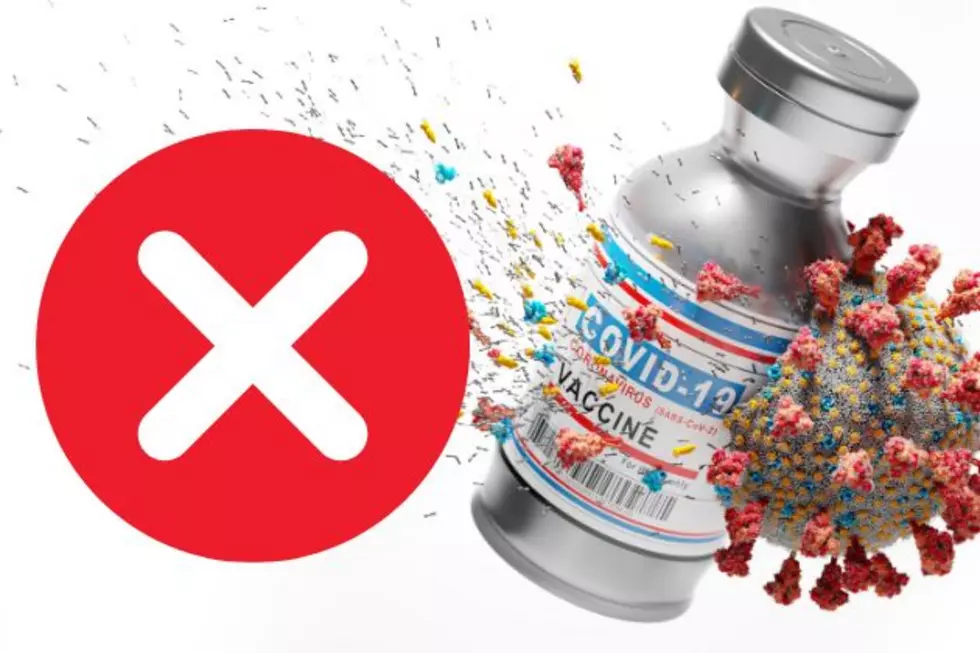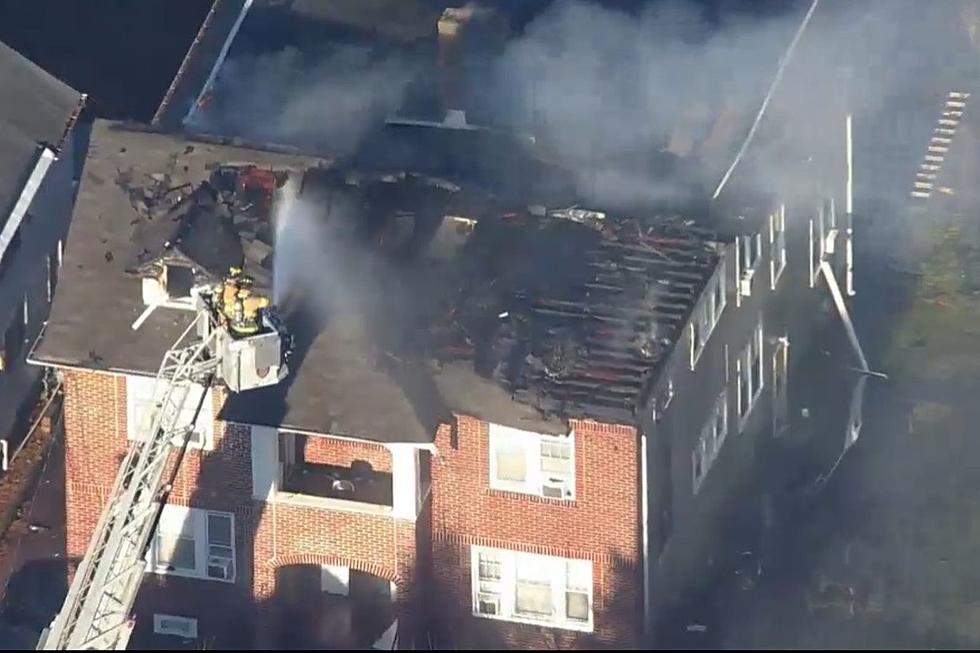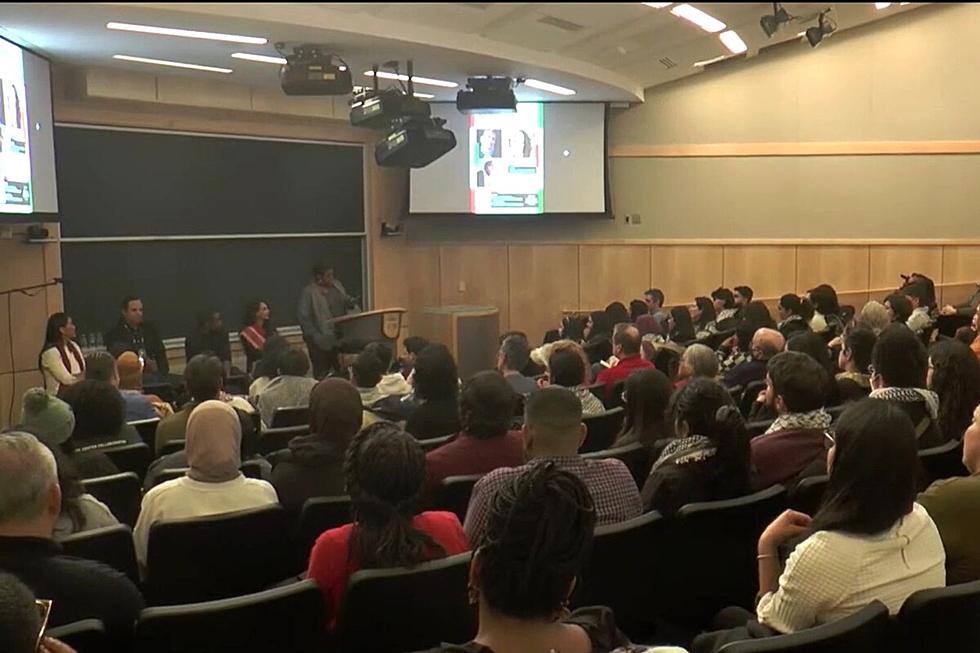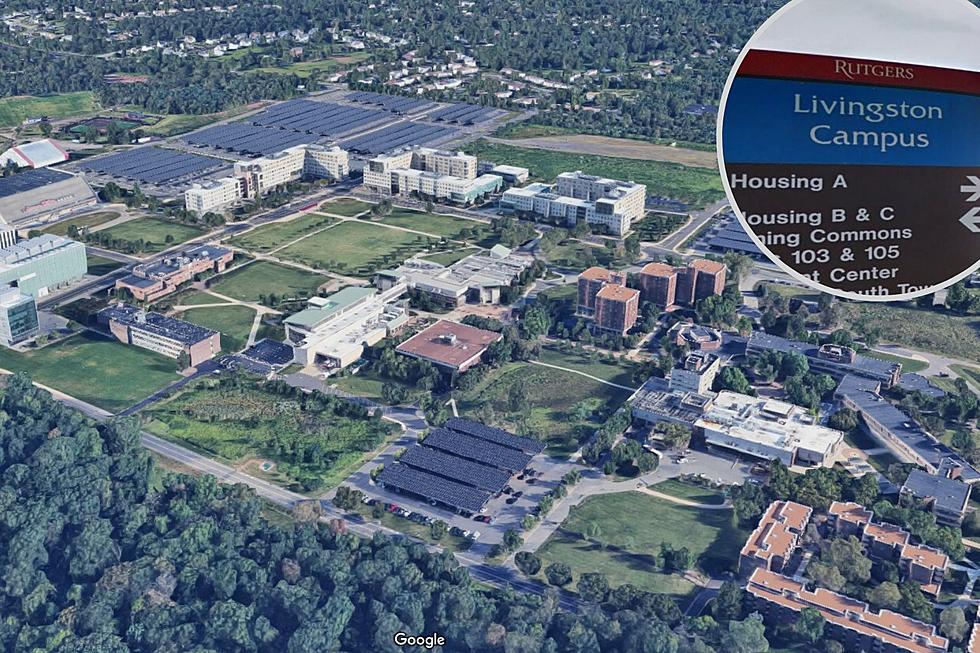
Sober students only: Rutgers’ Recovery Housing is a model for the nation
NEW BRUNSWICK — At age 17, Maddy wanted to take her life back. Heavy into drugs and alcohol, she knew she needed a change from what had simply become an unmanageable way to live each day.
"I was so young and it was like my life was in shambles already," she said.
The Montclair teen went clean on June 18, 2013, and has been sober ever since. She celebrates that date in June each year as if it were her birthday.
But she knew a chemical-free lifestyle would be hard to keep up once she entered college. It's difficult enough being a recovering addict. Adding classes, and hopefully good grades, can make it impossible.
Rutgers University wasn't her first choice for higher education, but one unique amenity caught her eye and led her to the New Brunswick campus.
The 21-year-old, now a college junior, has been living in Rutgers' Recovery Housing since freshman year. The three houses exist solely for students who have been sober for at least 90 days, are working to stay clean, and may not be able to handle the pressures of regular dorm life.
"It turned out to be amazing. It turned out to be just what I really needed," Maddy said.
The program has capacity for 39 students and is currently serving about 20.
She's currently one of seven in the house, the inside of which looks identical to most housing options for college students.
"Semester to semester, we will get new people, which is a blessing," Maddy said.
Signed by Gov. Chris Christie last year, a new law requires that by 2018, recovery housing be offered at all New Jersey public colleges where more than 25 percent of students live on campus.
Ryan, 25, lived in Recovery Housing from spring 2013 until his graduation in May. At six months sober, he wanted to prove to himself he could finish school, even though all the evidence of his past suggested he couldn't.
"I couldn't really stay sober at a normal college setting on my own," he said, noting Rutgers was the fifth school he had attended.
What he needed, apparently, was to live with others who were working towards the same goal.
"If you're sitting here and somebody walks by and says, 'Hey, I'm going to a meeting, wanna go?,' that's the motivation to go. But if I was living in a dorm, nobody's saying that," Ryan said.
He was a housemate of fellow Rutgers graduate Dave, 25, whose addiction to heroin had sent him to a rock bottom of legal trouble and, eventually, rehab.
Dave used drugs to escape his problems, he said, but those problems didn't go away when he moved into the recovery house. He was depressed, failing classes, and ended up relapsing during his first summer at the house.
"After that, I kind of took things more seriously and started doing a lot of work on myself," Dave said. "My grades improved; I started feeling a lot better. This past semester I got a 3.9 (GPA) or something like that."
Similar mental health issues plagued most of Morgan Thompson's first year in Recovery Housing. But she managed to stay away from drugs and maintain the sobriety she started at age 19. July 20, 2009, is her celebratory date.
"Luckily the house is so supportive and connected to all the different services available to people who struggle with all those issues at Rutgers," Thompson said.
Now she's back at Rutgers for gradate studies, living off campus but still involved as a mentor to current Recovery Housing residents. She also works at New Jersey's first public recovery high school, located in Union.
Rutgers was the first school in the nation to start a recovery house on campus. Lisa Laitman with Counseling, Alcohol and Other Drug Assistance Program & Psychiatric Services launched the effort in 1988, and ever since, colleges and universities nationwide have been following that model.
"I get regular calls and emails from other schools," Laitman said.
It's her hope that this September, Recovery Housing will be moved to its new location. Three houses will combine into one three-story building, she said.
There are no signs on the homes in order to protect the students' anonymity. According to recovery counselor Keith Murphy, who oversees the program's day to day operations, some students struggle with telling non-addict students about their current living situation.
"How do I talk about this to other people? How do I bring people over to where I live? Other students don't have to think about that," he said. "But students today are more world-aware, and they're not as judgmental as people used to be in the past."
More from New Jersey 101.5:
Contact reporter Dino Flammia at dino.flammia@townsquaremedia.com.
More From New Jersey 101.5 FM









